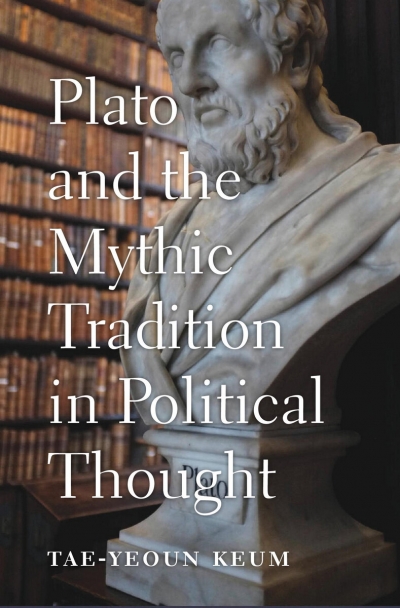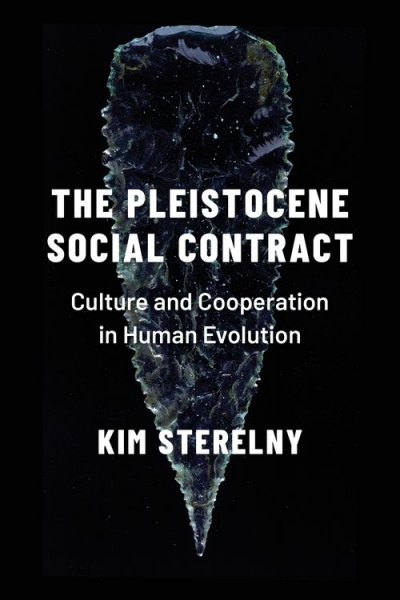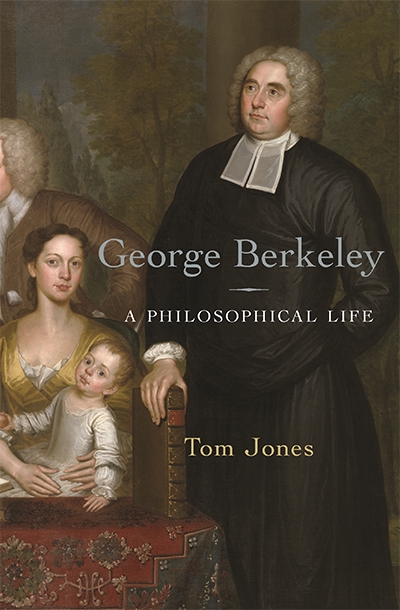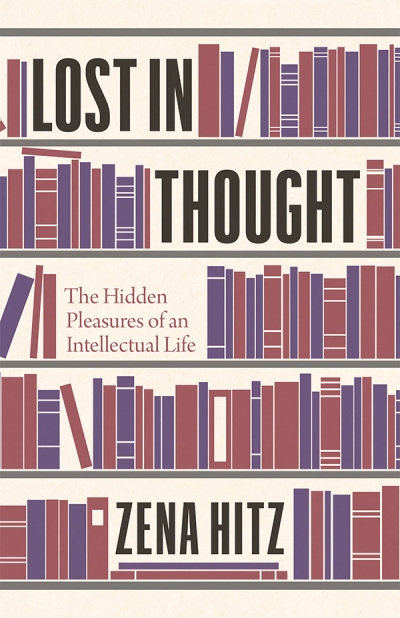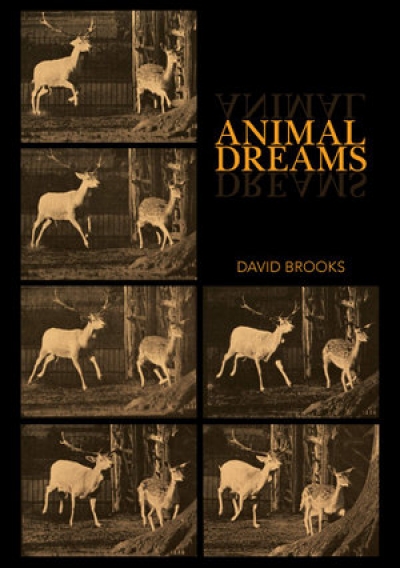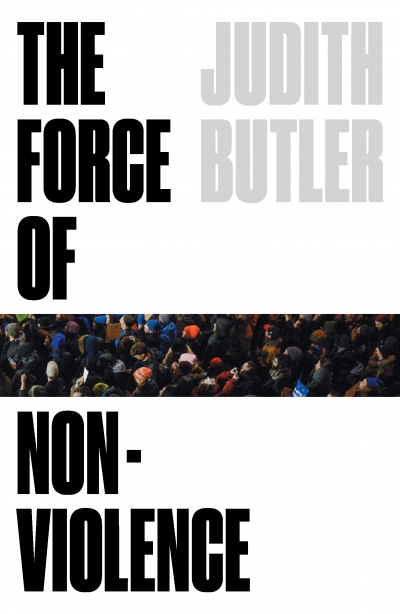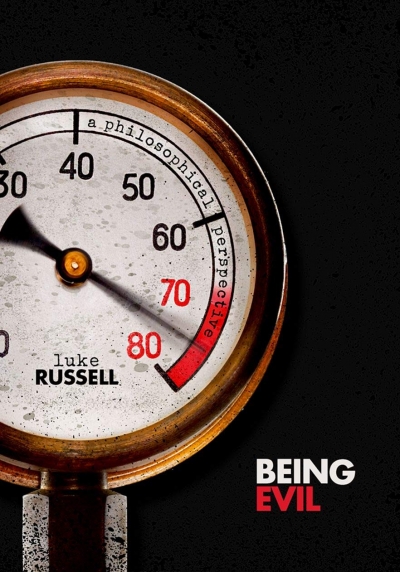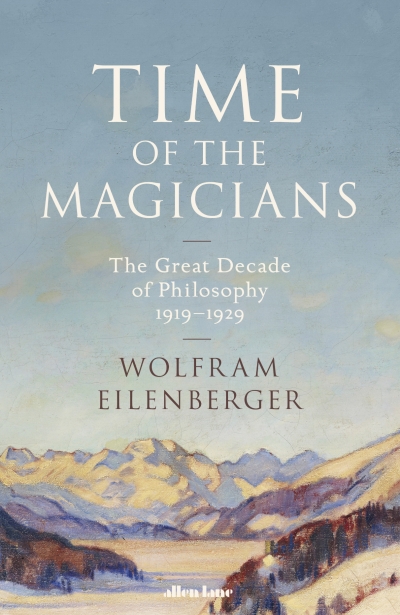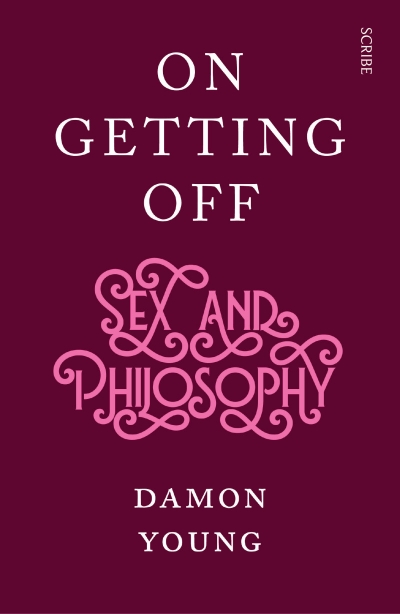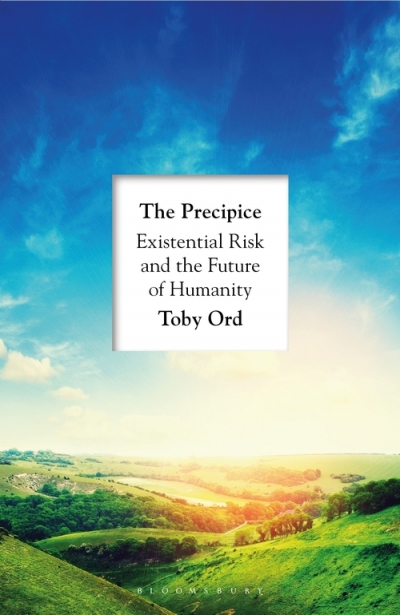Philosophy
Plato and the Mythic Tradition in Political Thought by Tae-Yeoun Keum
Tae-Yeoun Keum’s Plato and the Mythic Tradition in Political Thought is a study well suited to the moment. The convergence of pandemic conspiracy theories with populist narratives of globalist malfeasance shows that the desire for stories that give meaning to our collective experience is alive and kicking (if not exactly well). We are told we’re moving into a post-truth age. Yet cries of ‘fake news!’ suggest that truth remains an ideal, even as it is obscured by the mythmaking of others. But whom to trust in such a situation? Can we count on our philosophers to get rid of the dross and to locate the truths that form the bedrock of our communities?
... (read more)The Pleistocene Social Contract: Culture and cooperation in human evolution by Kim Sterelny
Archaeologists can tell us about the tools, diets, shelters, art, and burials of humans and other hominins who lived during the Pleistocene, the geological period lasting from two million to twelve thousand years ago. But what we most want to know is hidden from view. How did they communicate? What was it like to be them? How did they become us?
... (read more)George Berkeley (1685–1753) proposed a radical solution to the conundrums of modern philosophy. By denying the existence of matter, he dismissed the problem of how we can know a world outside our minds. Only minds and their ideas are real. The problem of understanding how mind and matter interact is dissolved by Berkeley’s immaterialism, and so is the difficulty of explaining how causation works. The source of all that we perceive, he believed, is God. Few philosophers have ever accepted this position. But the brilliance of his arguments for it earned him a place in the Western philosophical canon.
... (read more)Lost in Thought by Zena Hitz & The Battle of the Classics by Eric Adler
The higher education sector currently faces a confluence of challenges that are imperilling the future of universities as they have traditionally been understood and the sort of intellectual life they have long sustained. The most immediately pressing concern is the impact of the pandemic that has eroded the financial stability of Australian universities, resulting in widespread job losses and the closure of entire departments. Overall state funding for higher education has in fact grown slightly over the past decade, but this increase has coincided with ever more complex and invasive attempts by governments to ensure that tax dollars are ‘well spent’, such as the Excellence in Research for Australia (ERA) exercise that began in 2010, the Engagement and Impact Assessment (EI) implemented in 2018, and the National Interest Test (NIT) introduced in 2019 for all applications for funding to the Australian Research Council. The impact of these efforts is felt across all academic disciplines, but some are hit harder than others, often by design, such as last year’s Job-ready Graduates Package, which has made most humanities degrees vastly more expensive than other subjects thought to lead to better employment outcomes.
... (read more)Four kangaroos recently moved into the paddock that adjoins the house on Peramangk Country in the Adelaide Hills where I live. For weeks I had been conscious of distant gunfire, not the usual firing of the gas guns that wineries use to keep birds off their vines. I concluded that the kangaroos had been driven here by a cull. The goats, Charles and Hamlet, and the sheep, Lauren and Ingrid, who call the paddock home, seemed unperturbed by the roos’ presence. But what, I wondered, did all these animals think about one another? What, indeed, did they think about me?
... (read more)The Force of Nonviolence: An ethico-political bind by Judith Butler
Judith Butler is acutely aware of the extent to which violence is an accepted part of human affairs. ‘The case for nonviolence encounters skeptical responses from across the political spectrum,’ Butler writes in the opening sentence of their latest book, The Force of Nonviolence. It is not so much that most people unconditionally advocate violence. Rather, it is considered an inexorable feature of life, a necessary measure to resist evils and prevent atrocities against populations and the marginalised. Nevertheless, Butler pushes back against that orthodoxy, declaring that we must ‘think beyond what are treated as the realistic limits of the possible’. It is a bold yet hardly indefensible claim. Indeed, the bleak alternative would be to doom the future of humanity to the internecine violence recently demonstrated in Washington, Ethiopia’s war in the Tigray region, and Australia’s inhumane asylum-seeker detention policy. It is, perhaps, a duty of writers and philosophers to free themselves from the mire of the status quo and to pave a way forward that ushers in a better, more equal world.
... (read more)In the aftermath of horrendous acts of lethal violence, such as the murder by Brenton Tarrant of fifty-one people in two Christchurch mosques in 2019, and other vicious acts of torture and sadistic cruelty, it is not at all uncommon for public commentators to invoke the language of evil – that there is evil in our midst. Perhaps the most well-known contemporary example of this was George W. Bush’s description of the 9/11 attacks as despicable evil acts that demonstrated the worst of human nature.
... (read more)Time of the Magicians: The invention of modern thought, 1919–1929 by Wolfram Eilenberger, translated by Shaun Whiteside
Philosophers attending a conference in the Swiss resort of Davos in 1929 eagerly anticipated a debate between Ernst Cassirer, a celebrated member of the academic establishment and a supporter of progressive liberalism, and Martin Heidegger, whose radical break from tradition had impressed younger philosophers. For those who expected a clash of titans, the result was disappointing. There were no denunciations, no rhetorical bolts of lightning. The true parting of their ways came later, in 1933, when Cassirer, a Jewish supporter of the Weimar Republic, was forced out of his position and into exile, and Heidegger, now a member of the National Socialist Party, told students of Freiburg University to be guided by the Führer.
... (read more)On Getting Off is an attempt to think about sex philosophically, through the lens of personal, literary, and artistic experience. Damon Young, a Melbourne philosopher, is keen on reflective sex and legitimises this fetish with a carrot and stick, seducing readers by arguing for its superior pleasures and threatening us by implying that the alternatives are morally dubious or diminishing. He considers a wide variety of subjects and circumstances along the way, including the power and peculiarity of sexual attraction, the place of humour in sex, ‘teasing’ and suspended pleasure, the bounties and pitfalls of beauty, the stigma of prostitution, the complexities of sexual fantasy, the function of sex robots, and the importance of meaningfulness. He approaches these matters with fluency and an impressive variety of references – literary, artistic, and philosophical – but the insights are often dull.
... (read more)The Precipice: Existential risk and the future of humanity by Toby Ord
This is a strange time to be reading a book about risk, especially one in which the risk of a pandemic is a central concern. Many of us have been worrying about, and attempting to manage, risks every time we have left the house. One of the lessons of this experience has been just how bad we are at thinking about risk. In particular, we struggle to reckon with small risks that may have disastrous outcomes.
... (read more)

